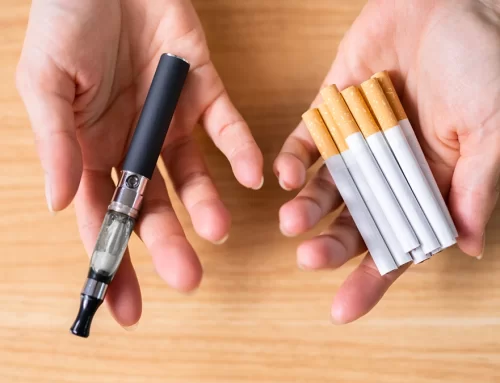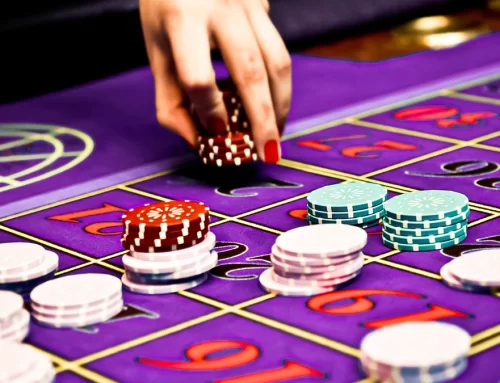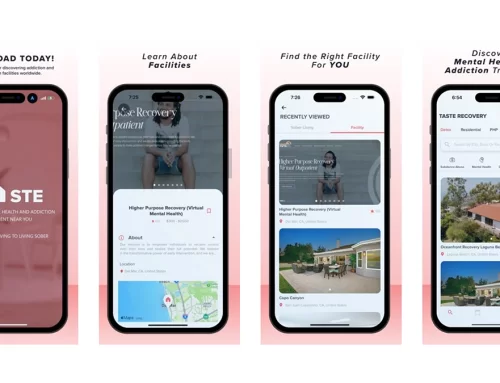Heroin addiction remains one of the most dangerous and fast-acting forms of substance use disorder, with life-threatening consequences if left untreated. This highly addictive opioid affects the brain’s chemistry within minutes and can quickly take over a person’s mental, physical, and emotional health. Fortunately, with the right diagnosis, support, and treatment plan, recovery is possible. Taste Recovery helps individuals and their families explore programs designed around their unique needs, location, and lifestyle—making it easier to take that first, life-changing step toward healing.
What Is Heroin Addiction and Why Is It So Dangerous?
Heroin addiction is a chronic brain disease caused by the repeated use of heroin, a powerful opioid derived from morphine. It binds to opioid receptors in the brain, producing intense euphoria—followed by a rapid decline in physical, mental, and emotional well-being.
According to the Drug Enforcement Administration, heroin often appears as a white or brown powder or as a black, sticky substance known as “black tar heroin.” It can be injected, sniffed, smoked, or snorted—all of which can lead to addiction.
How Heroin Affects the Brain and Body
Heroin significantly disrupts the brain’s ability to regulate pleasure, pain, and decision-making. Over time, it rewires the brain’s reward system, making it nearly impossible to feel normal without using. This dependence can lead to a painful withdrawal cycle and serious long-term damage, including heart infections, collapsed veins, liver disease, and respiratory issues.
Understanding the Overdose Crisis
The impact of heroin addiction isn’t just personal—it’s national. Data from the National Institute on Drug Abuse (NIDA) shows that opioid-involved overdose deaths, including those linked to heroin, continue to rise across the U.S. In many cases, heroin is mixed with synthetic opioids like fentanyl, increasing the risk of overdose even further.
Warning Signs and Symptoms of Heroin Addiction
Recognizing the signs of heroin addiction can help individuals or loved ones seek help before the condition worsens. Although the severity varies from person to person, several consistent symptoms can indicate a serious problem.
Physical and Behavioral Red Flags
Common physical signs include:
-
Constricted pupils
-
Sudden weight loss
-
Drowsiness or “nodding off”
-
Skin infections, bruising, or track marks
Behavioral symptoms often include:
-
Secretive or isolated behavior
-
Mood swings or irritability
-
Stealing or borrowing money without explanation
-
A noticeable drop in performance at work or school
Withdrawal Symptoms and Dependency
Even short-term use can result in withdrawal when heroin use stops. These symptoms can range from mild to severe and may include nausea, sweating, anxiety, insomnia, and intense cravings. Because these symptoms are both painful and unpredictable, many people continue using heroin just to avoid withdrawal—trapping them in the addiction cycle.
Treatment Options for Heroin Addiction
Although heroin addiction is complex, it is treatable. Recovery requires a personalized, multi-layered approach involving both medical and behavioral care. Taste Recovery helps streamline this process by connecting users with programs designed around their personal needs.
Medication-Assisted Treatment (MAT)
One of the most effective ways to treat heroin dependence is through Medication-Assisted Treatment (MAT). As outlined by Better Health Channel, MAT uses medications like methadone, buprenorphine, or naltrexone to stabilize brain chemistry and reduce withdrawal symptoms. These treatments are typically combined with counseling and behavioral therapy for long-term success.
Inpatient, Outpatient, and Long-Term Support
Treatment options range from inpatient detox and rehab centers to outpatient programs and community-based recovery support. While inpatient care offers 24/7 supervision and structure, outpatient treatment allows individuals to maintain work or family responsibilities while receiving care. After initial treatment, ongoing support—such as sober living environments, group therapy, and relapse prevention programs—can help individuals maintain recovery long-term.
How Taste Recovery Helps You Find the Right Care
Finding treatment can feel overwhelming—but it doesn’t have to be. Taste Recovery is designed to simplify the process. Whether you’re searching for yourself or a loved one, Taste Recovery matches you with addiction treatment centers that meet your unique needs, insurance coverage, and personal preferences.
Tailored Treatment Recommendations
By answering a few simple questions, you’ll get connected to programs that specialize in heroin addiction and co-occurring mental health needs. These matches consider important factors like location, treatment style, and budget—so you can move forward with confidence.
Private, Judgment-Free Support
There’s no cost to use Taste Recovery. All inquiries remain confidential, and the platform is designed to support individuals at every stage—from early research to intake and beyond. Whether you’re just learning about addiction or ready to take the next step, Taste Recovery is here to help.
Taking the First Step Toward Recovery
Heroin addiction doesn’t define you. While the road to recovery isn’t always easy, it is absolutely possible—with the right help. Start by visiting Taste Recovery to explore treatment programs built around you. With the right care and continued support, a healthier future is within reach.




